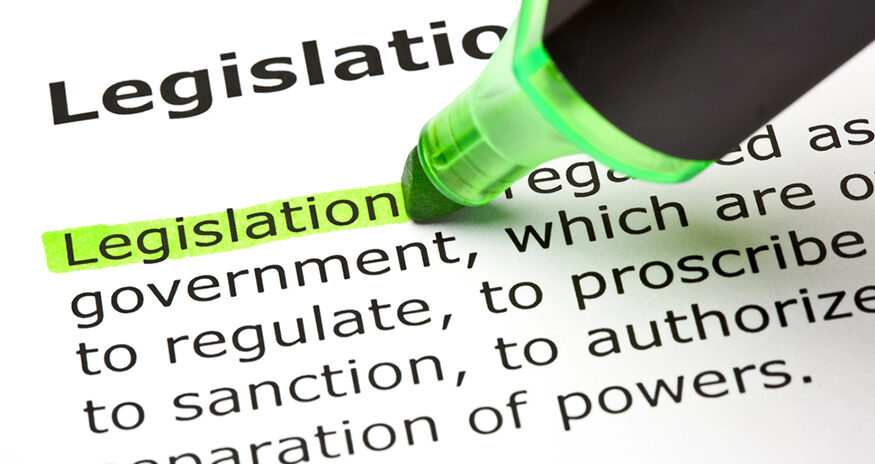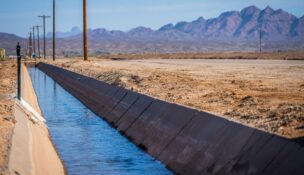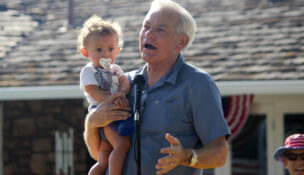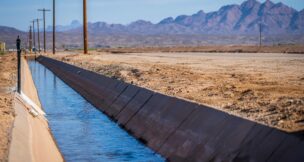Arizona’s Dental Health at Risk: The Hidden Costs of HB 2190
By Heather Hardy, Guest Commentary //February 21, 2025//
Arizona’s Dental Health at Risk: The Hidden Costs of HB 2190
By Heather Hardy, Guest Commentary //February 21, 2025//
As a registered dental hygienist and former president of the Arizona State Board of Dental Examiners, I’ve dedicated my career to ensuring the highest standards of dental care for Arizonans. Today, I’m sounding an alarm about House Bill 2190, the Dental & Dental Hygienist Compact (DDH Compact). This legislation poses significant risks to our state’s dental licensure standards and patient safety.
HB 2190 aims to streamline cross-state dental practice through an interstate agreement. While improving licensure portability is a worthy goal, this bill’s approach threatens to undermine our state’s authority, increase tax burdens, and compromise patient care.

The bill would create an unelected commission with quasi-legislative powers over licensure.
This commission could allow out-of-state dentists to practice in Arizona without meeting our specific requirements. Consider a scenario where a dentist from a state with different standards moves to Arizona. Under the compact, they might practice here without fully aligning with our state’s specific regulations. Our current requirements ensure dentists stay current with evolving techniques and technologies, directly impacting patient safety and treatment quality.
The fiscal implications for Arizona are concerning.
The DDH Compact creates an unelected taxing authority with the power to levy annual assessments on participating states, resulting in unpredictable fiscal impacts. Other states project substantial costs associated with joining similar compacts. Maine estimates $241,496 for fiscal year 2025-26, while Indiana projects up to $52,800 in administrative costs for fiscal year 2025 and up to $20,200 annually thereafter. These expenses could divert funds from existing state dental programs or limit our ability to respond to emerging oral health needs in our communities. In addition, the compact removes critical income from the board as fewer licenses are issued. This is important because Arizona’s board relies on generated income and does not receive state funds to operate.
Patient safety is at risk.
The compact lacks mandatory full reporting of disciplinary issues across state lines. This limitation could allow dental professionals with questionable histories to practice in Arizona. Imagine a dental hygienist with a history of licensure violations in another state easily obtaining a compact privilege to practice in Arizona. The limited reporting requirements might hide crucial information about past misconduct, potentially exposing patients to substandard care or even health risks. Because no actual license is issued to someone practicing under the Dentist and Dental Hygienist Compact, Arizona cannot sanction a dentist or dental hygienist who may harm a patient. The board can only remove a compact privilege.
HB 2190 could exacerbate workforce challenges.
We risk losing experienced Arizona dentists to states with less stringent licensure requirements, reducing our pool of seasoned professionals and impacting the quality of dental care for Arizonans. For example, a dentist nearing retirement might choose to relocate to a compact state with lower licensure renewal fees and fewer continuing education requirements, taking years of expertise away from our communities.
The compact also raises concerns about local control.
Arizona’s dental board currently sets standards tailored to our state’s specific needs. Under the compact, we might lose some of this flexibility to address unique challenges in our communities effectively.
As legislators consider HB 2190, I urge them to prioritize the health and safety of Arizonans. While we need solutions for licensure portability, we must not compromise our ability to maintain high standards for dental professionals practicing in our state.
I call on our representatives to vote “No” on HB 2190. Let’s work together to find a solution that improves licensure processes while preserving Arizona’s authority to protect its citizens’ dental health. The well-being of Arizonans depends on maintaining local control over our dental professional standards.
Heather Hardy has been a dental hygienist for 25 years, working in pediatric, periodontic and general practices and a former President of the Arizona State Board of Dental Examiners.
.














































